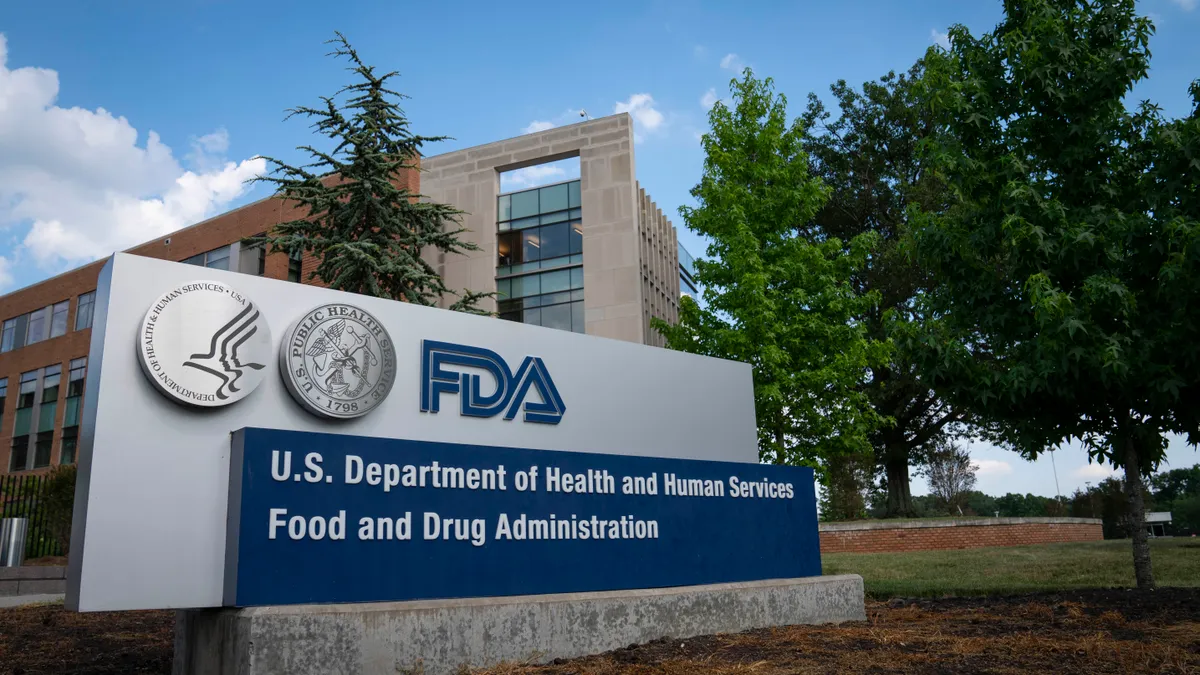Dive Brief:
- House Energy and Commerce Leaders warned that time is running short for the Senate to pass its version of the Food and Drug Administration user fee amendments, which set the agency’s ability to collect fees from medical device and biopharma companies to fund its review of products.
- “Unless the Senate acts urgently to meet its deadline, FDA will be forced to issue reduction-in-force notices and furlough thousands of workers who ensure the safety and efficacy of medical products,” Reps. Frank Pallone, D-NJ, and Cathy McMorris Rodgers, R-Wash., wrote in a Thursday statement.
- The current version of the bill passed by the Senate Committee on Health, Education, Labor and Pensions includes a rework of how diagnostic tests are regulated, and would expand the FDA’s regulatory authority over cosmetics and supplements. On Thursday, ranking member Sen. Richard Burr, R-NC, introduced a version of the bill with these riders removed.
Dive Insight:
The user fee legislation is reauthorized every five years, and helps fund the FDA’s staffing to review medical products. For the agency not to face furloughs, Congress needs to pass the legislation before its August recess.
If that doesn’t happen, “There are enormous implications for the agency,” FDA Commissioner Robert Califf said at a Tuesday event hosted by the Alliance for a Stronger FDA. “On the medical product side, this is a very significant part of funding, and basically we'd have to lay people off if the user fees don't go through. And even if we approach that cliff, we are very dependent right now on hiring people.”
Califf added that failing to pass the legislation would have downstream consequences for the time it would take to review products.
In early June, the House passed its version of the bill by a 392-28 vote. It included some riders, such as requirements for device cybersecurity and clinical trial diversity, but passed with little pushback.
The Senate bill changes are more sweeping, including creating a new risk-based framework for diagnostic tests, which would clarify the FDA’s regulatory authority over new laboratory-developed tests. The changes drew comments from testing and patient advocacy groups. Some sought to limit the changes, while others said they weren’t extensive enough.
Although Burr had co-sponsored legislation that would change how diagnostic tests are regulated, in June, he took a different tone, questioning whether the FDA could be trusted with new responsibilities after its response to the infant formula shortage.
If passed, the Medical Device User Fee Amendments would allow the FDA to bring in $1.78 billion over the next five years to fund its review of medical devices, which could increase to $1.9 billion if the agency meets certain hiring goals.











